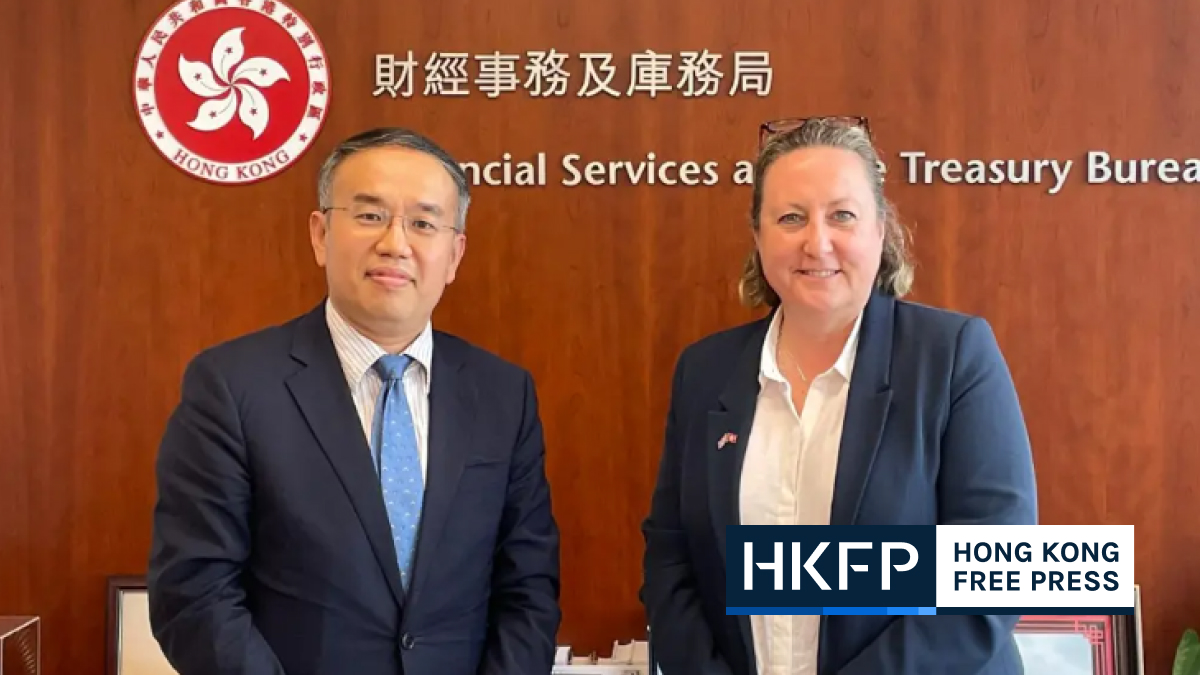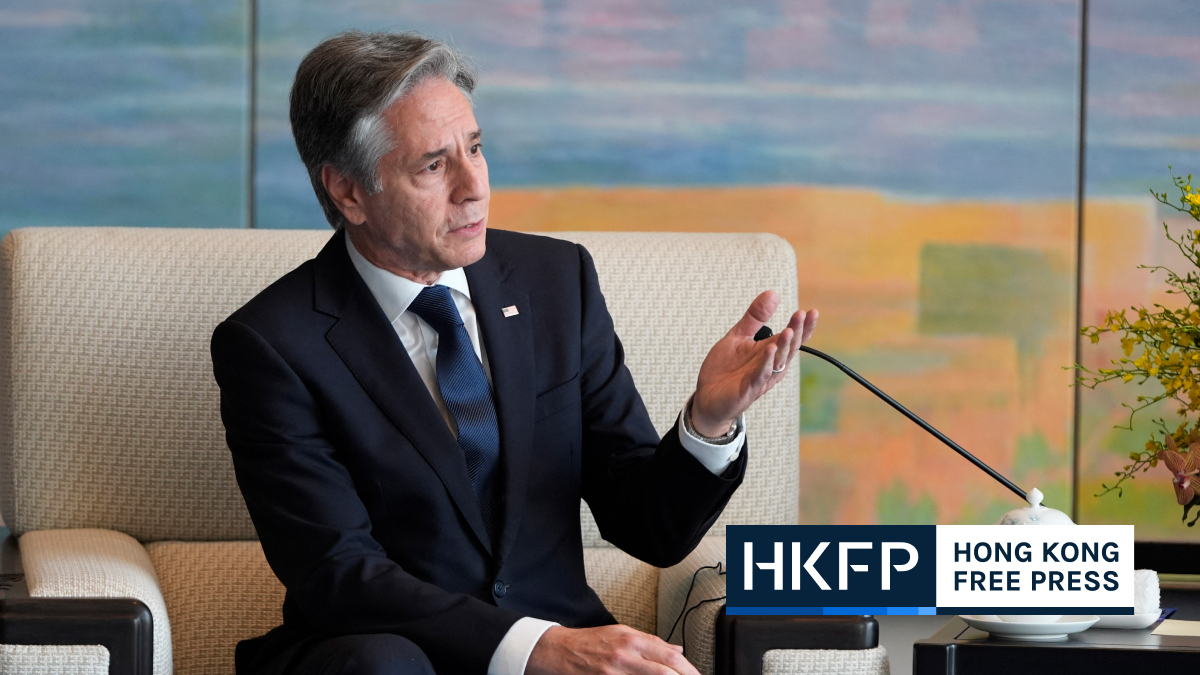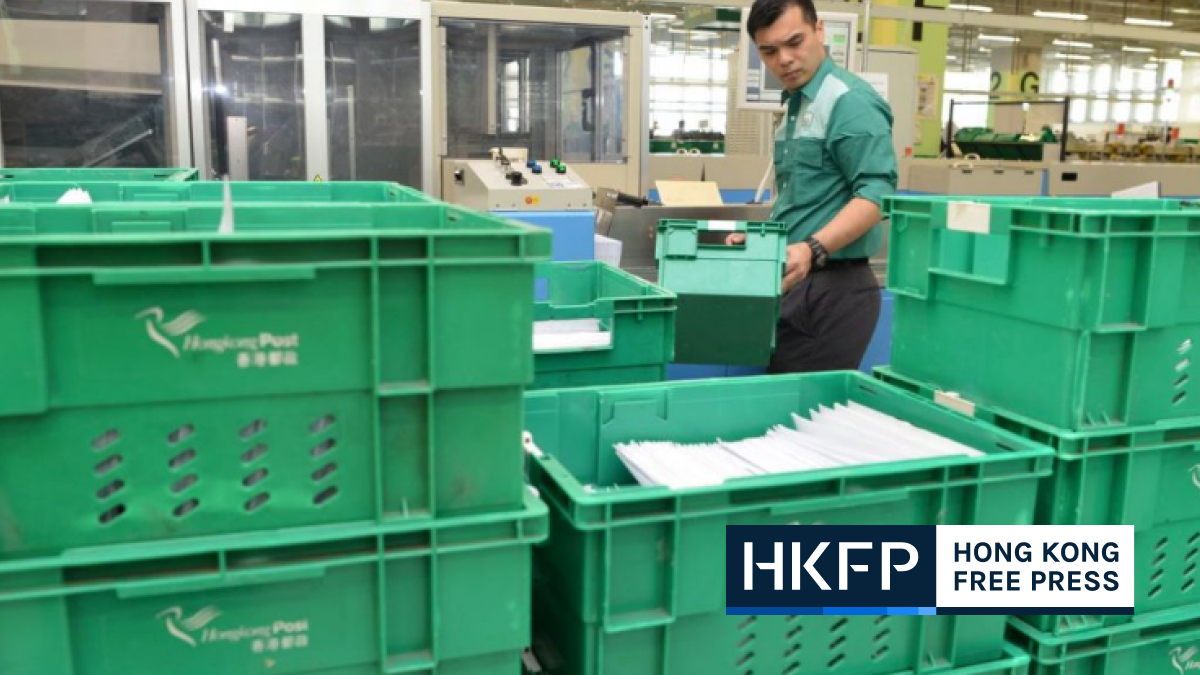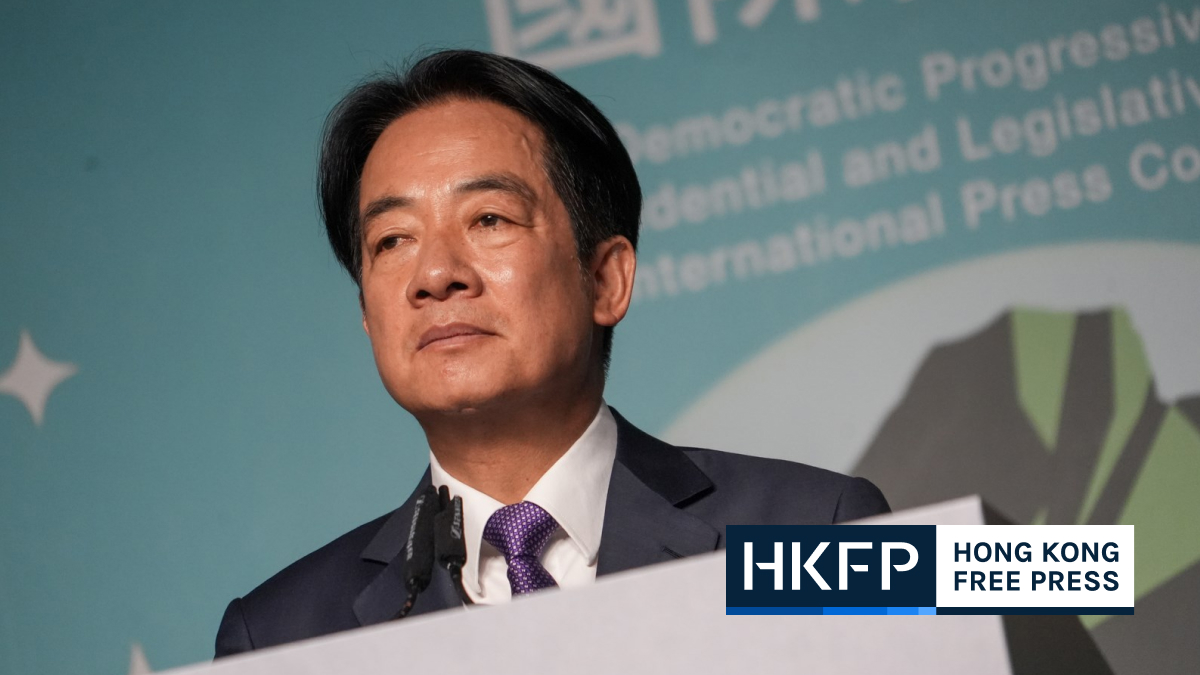[Sponsored] Typical of a late teenager, Abraham Lau was not entirely confident about what he was good at doing or which path he should take once he graduated from secondary school. Because he was a business-track student at high school, joining The Hong Kong University of Science and Technology’s (HKUST) renowned Business School seemed like the most logical choice.

To his surprise, over the next four years, what may have been a conventional education choice led Abraham to become a tchoukball athlete playing in international championships for the Hong Kong team. He also switched his study path to environmental management and technology, earned a prestigious year-long internship at Airbus in the UK, and many opportunities to travel. Since then, the former business student has found his path as an environmental consultant at global engineering consultancy, Arup.
Abraham – like most Hongkongers – had never heard of tchoukball before he joined HKUST. Pronounced “chauk-ball,” the Swiss indoor sport is a fusion of handball and volleyball. Players, split into two teams, must try to shoot the ball at a rebounding net placed at either end of the court to score points. Any physical contact or attempts to intercept are forbidden.

Abraham first learned about the sport at a mandatory healthy lifestyle orientation course at HKUST. “I chose this sport because I didn’t know how to pronounce it,” he laughed. “What attracted me was that there was no [physical] conflict. It requires your brain to work quickly to think about possibilities to score or to defend.”

On the advice of HKUST’s tchoukball coach, Abraham and another student successfully qualified to join the sport’s Hong Kong team, where the coach also worked. Abraham even travelled to Yunnan to compete on behalf of the city at the Asia Pacific Tchoukball Championships in 2016, while his teammate competed in Malaysia the following year. They also represented HKUST at the Hong Kong Tchoukball Championship during their four years at the university.
This year, applicants like Abraham who excel in areas outside of classes and exams may apply for the university’s new Beyond Academic Admissions Scholarship (BAAS), which is awarded to those with non-academic achievements, where nothing is off limits.

When he was weighing one university against another, Abraham said one of his most important considerations was flexibility: “I entered the business [school] because I was already studying it, but I also wanted to give myself an alternative – something flexible, where I could switch majors easily,” he recalled. His forethought paid off.
As he was building his life as a student athlete, Abraham ultimately switched track from studying business to BSc in Environmental Management and Technology (EVMT) – an interdisciplinary programme.
“From someone who didn’t even know which major to study, to [then] acquiring so many experiences and exposure… it completely changed me.”
Abraham Lau
HKUST’s school-based admissions system allows students to major within the school they want to enter, but – at the same time – they can also apply to join a joint-school programme or an interdisciplinary programme. These programmes allow them to study courses across different faculties relating to the same subject, such as in science, engineering, business, humanities or social sciences. Abraham, for example, was able to study environmental law, even though the university does not offer standalone undergraduate law degrees.
Studying in a programme that placed emphasis on diversity of knowledge also meant Abraham was able to mingle with students from all kinds of scholastic backgrounds, and not remain confined to social circles exclusive to students from a single discipline.

During his third year of study, Abraham seized the opportunity to take an exchange semester at the University of Exeter. By the end of it, Abraham said he considered taking a gap year for a work placement, but “agonised” over the available options. “HKUST’s Career Centre suggested that I find an internship in the UK, since I was already there,” he said. Knowing that it is rare for Hong Kong students to find work placements overseas, it came as a pleasant surprise when Abraham landed an offer from Airbus to work as an environmental affairs intern at their UK office. “I initially thought they wouldn’t know HKUST – but they did,” he said.
The year-long internship – which saw him travel to France on business – came with its challenges. Abraham said that, as a young foreign intern, he had to learn to speak his mind among his European colleagues, and to adapt to their work culture and lifestyle.
The gap year was well worth delaying his university graduation for, Abraham would later realise, as having a year of work experience in his pocket “sparked an interest with employers,” and helped kickstart his career.

Outside of his academic courses, Abraham also found plenty of opportunities to travel far from Hong Kong with HKUST. He represented the university at a competition for environmental innovation in Grøn Dyst, Denmark, where he and his teammates presented a design concept of a self-charging battery system for electric vehicles. Abraham also travelled to Israel, where he learned about the country’s start-up scene and entrepreneurial culture, and visited Wuhan to study aquatic ecology and biomass energy near the Three Gorges Dam.

Now, as an environmental consultant at Arup, Abraham works to assess the potential environmental impact of civil engineering projects or other private developments, as he advises clients on environmental regulatory compliance. The EVMT programme emphasised training students in communication and presentation techniques, and Abraham found himself often going back to the soft skills learned during his days at HKUST to communicate with engineers, or to rely on knowledge acquired during his environmental law course to deal with regulatory matters.
“Engineers tend to speak in more technical language – while facing the client, we’d have to speak in more layman language,” he said. “We are the bridge in between.”
Looking back, Abraham said he was able to try as many things as he wanted and, from there, find out what he wanted to do most in life, thanks to the diversity and flexibility that HKUST programmes offered.
“From someone who didn’t even know which major to study, to [then] acquiring so many experiences and exposure… it completely changed me,” he said.
HKUST has launched the new Beyond Academic Admissions Scholarship (BAAS) for applicants with achievements anywhere in community leadership, creative innovation, sports, music, performing arts, and many others. BAAS recognises non-academic achievements, where nothing is off-limits. Learn more and apply before March 31.
Support HKFP | Policies & Ethics | Error/typo? | Contact Us | Newsletter | Transparency & Annual Report | Apps
Help safeguard press freedom & keep HKFP free for all readers by supporting our team

LATEST FROM HKFP
HKFP has an impartial stance, transparent funding, and balanced coverage guided by an Ethics Code and Corrections Policy.
Support press freedom & help us surpass 1,000 monthly Patrons: 100% independent, governed by an ethics code & not-for-profit.










